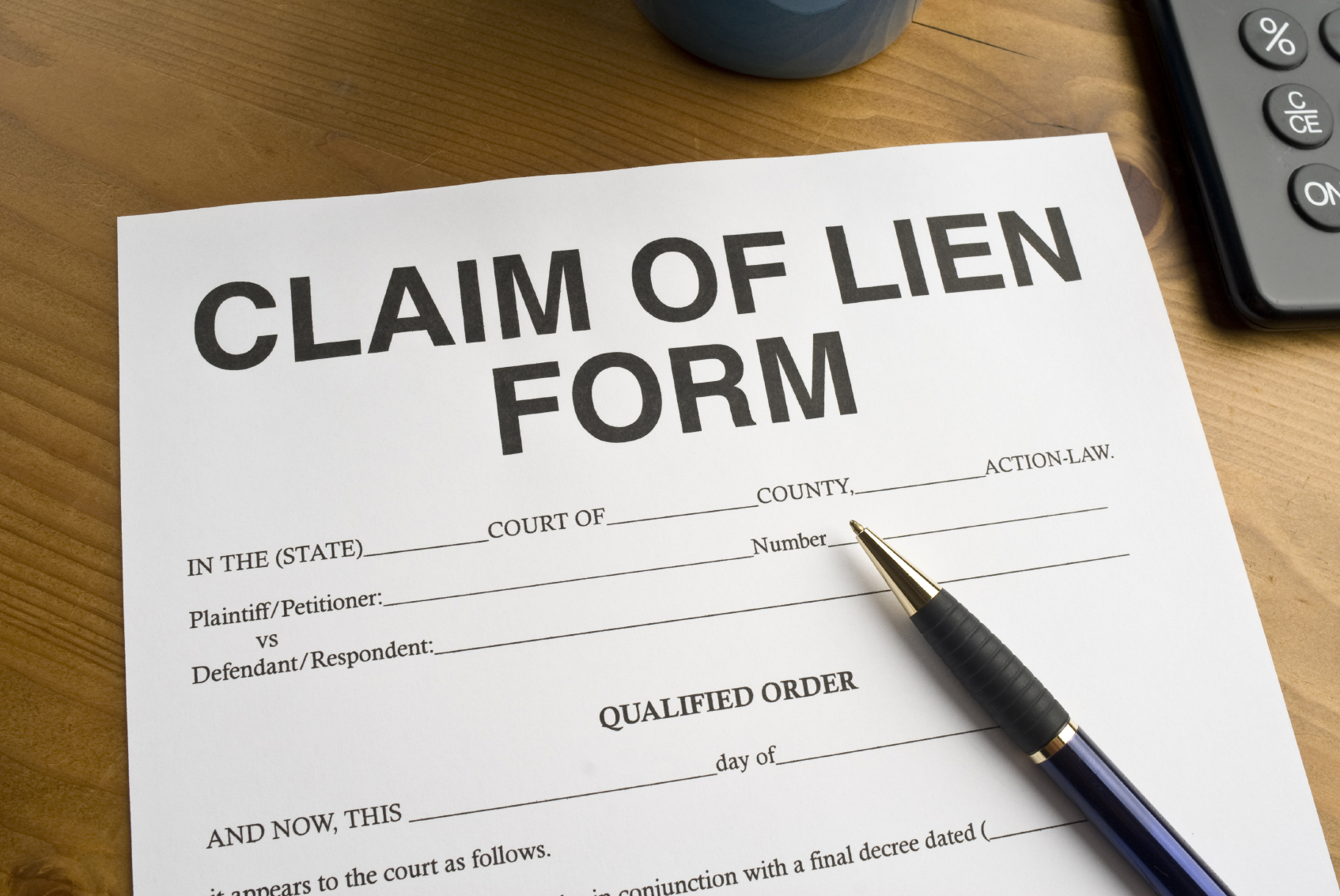How to File a Lien on Property

Filing a lien against someone is frustrating, and a time consuming process that does not always get your money repaid, and should be used only as a last resort. It costs a fair amount of money and also requires the services of an attorney for speeding up the process.
Lien is the way to assure that someone gets back the money owed to them. It actually gives you the power to repossess property, if the defaulter puts it up for sale. It stops the owner of property from selling or transferring the property to anyone till the debt is paid.
Instructions
-
1
Hire an attorney that deals with liens and other property related issues if you have a short time table. If time is not an issue, you can file the lien yourself without any legal assistance by a professional. File a case against the defaulter and win a judgment against him in the court. You should file a lawsuit for money which is owed to you. It actually depends on the amount of money owed to you, but for a house or small property claims, you should visit the small claims court.
-
2
The court will ask you to produce all official documentation proving, that you are the creditor and are owed money by that person. If you produce all documents in writing in the court, there is no reason for the court to give a judgment against you.
-
3
Visit the county clerk’s office and get a certified written copy of the judgment. It generally takes about a week’s time for the judgment to be available for filing. Then the relevant authorities will issue you a certified copy after the deposition of the required fee.
-
4
Use the certified copy you obtained from the clerk’s office to file the judgment in the land records department in the county where your property is located. You need to have the exact address of the building and the certified copy of the judgment. All decisions are not allowed to use to file a lien against the property, so consult with your lawyer about the laws in your state before hand. After the judgment has been filed, it becomes a lien or barrier on the property. If the defaulter owes you more than the estimated value of the property, you can file against other properties as well.







